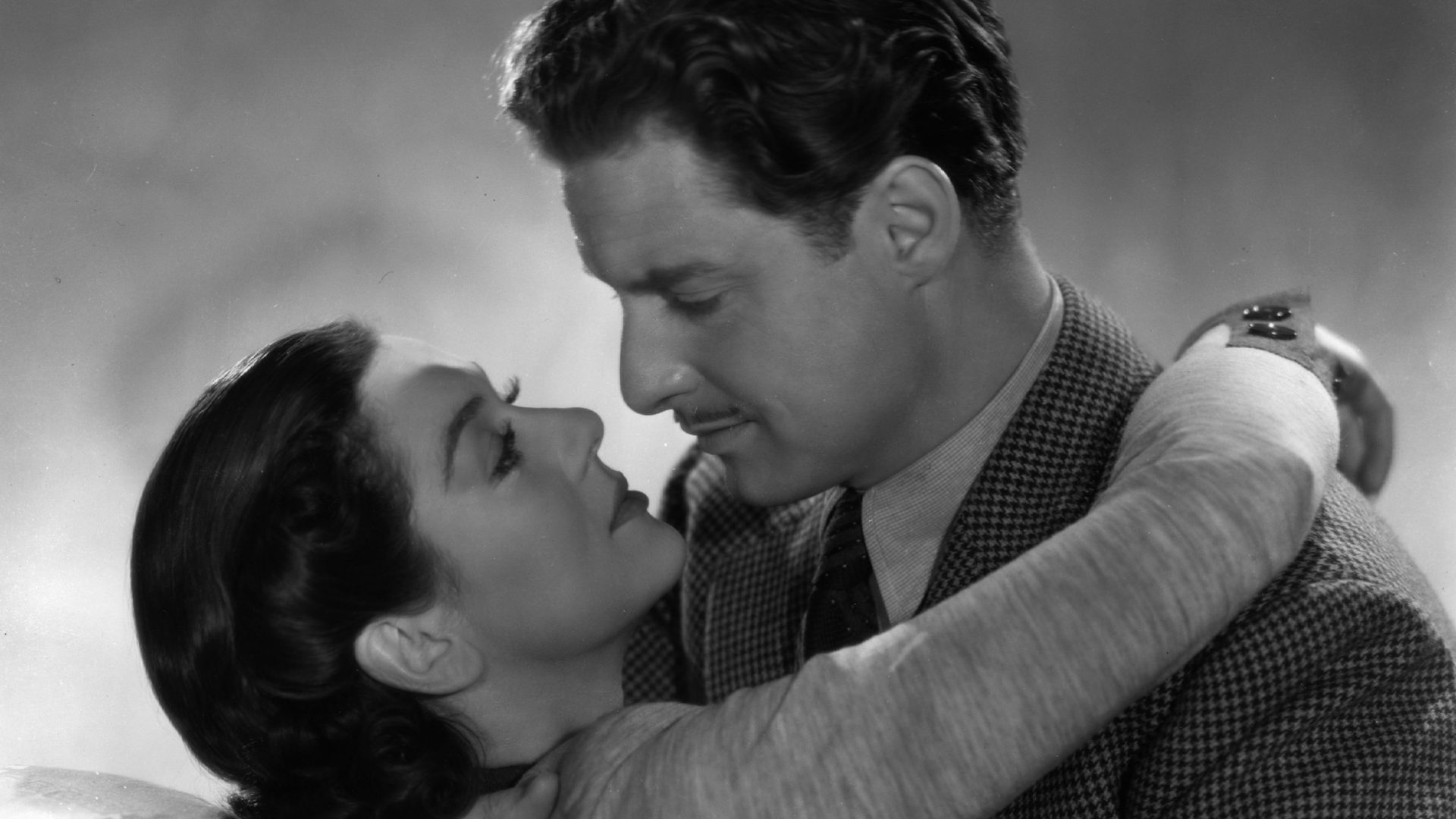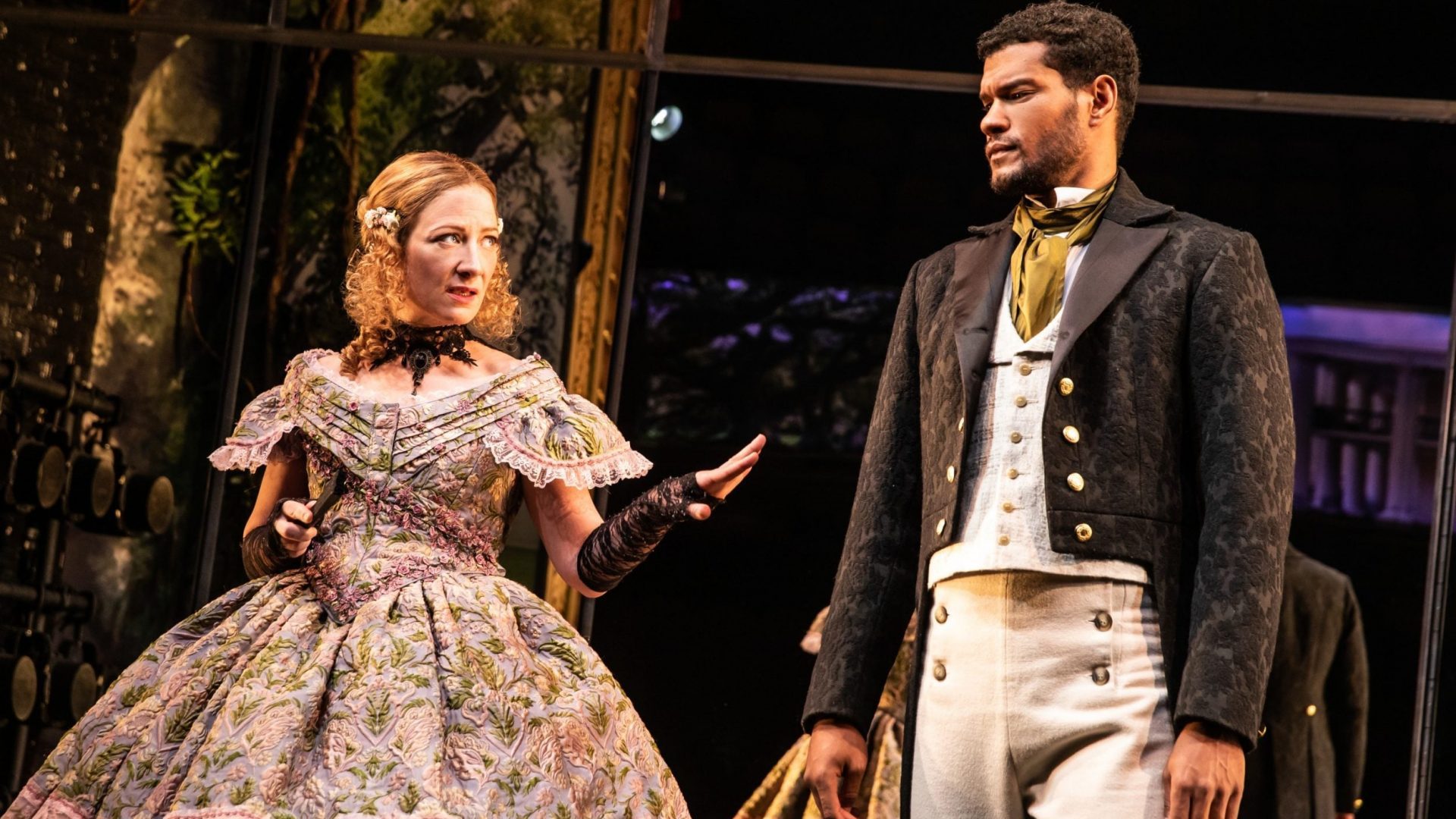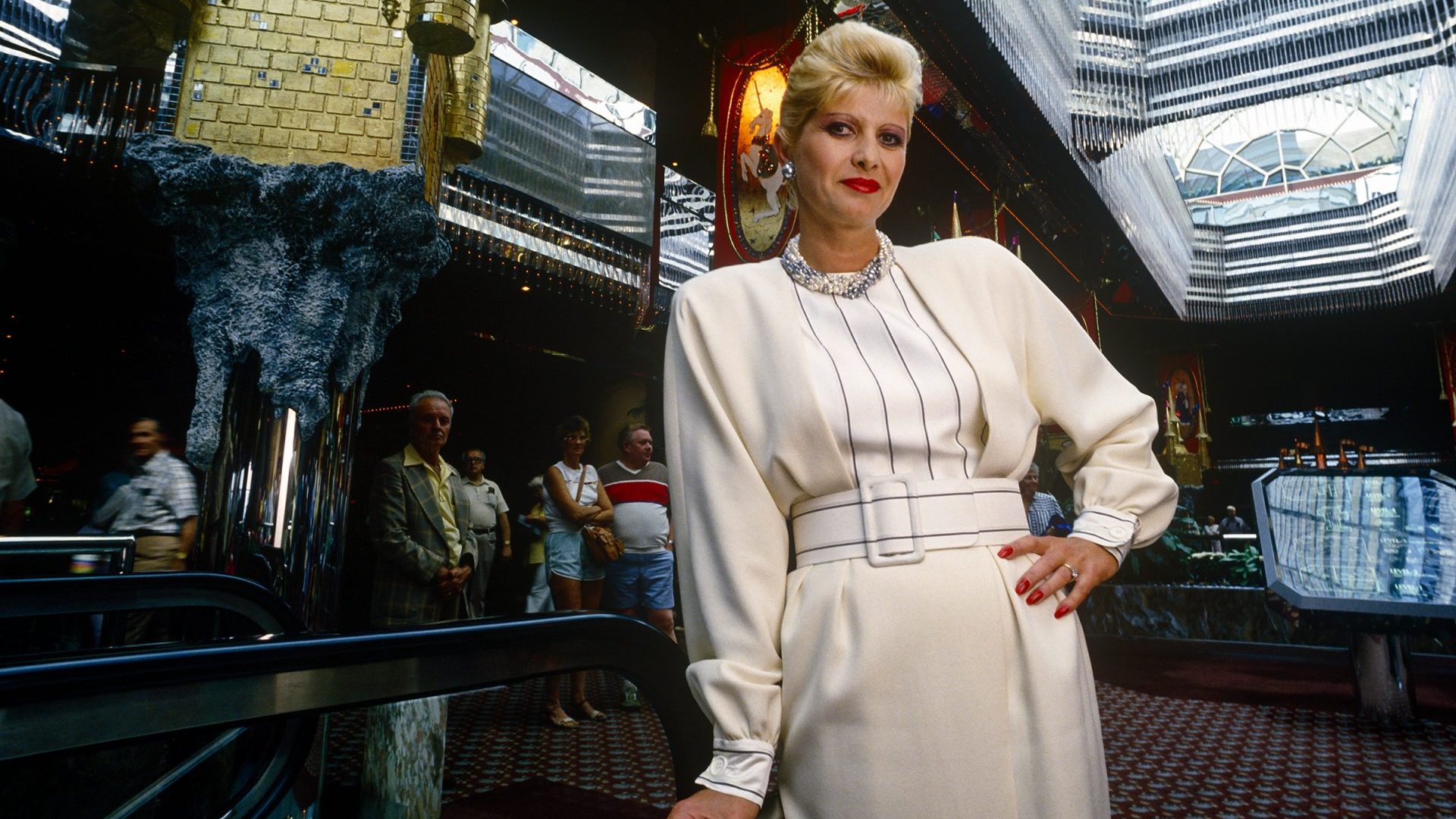Very few films have or have had the power to influence government, especially an incoming one. One of the films arguably that did was King Vidor’s The Citadel (1938).
The movie, one of the most popular by the man known as one of cinema’s first auteurs, is based on the best-selling novel by AJ Cronin. The novel tells the story of a young doctor’s struggle to balance his own scientific ambition: desire to be the best, and his rampant social climbing, against his deep social obligation to the poor.
The movie adaptation was just as successful as the novel itself because, like it, it is the exposé of the more money-grubbing aspects of the medical profession.
The great Robert Donat portrays the doctor torn between riches and responsibility. The film shows the world of private medicine, its social milieu and the universe of Harley Street and its doctors – the Citadel.
Here is a cabal of money-grubbers who care nothing about the poor and what will happen to them. Vidor makes them cold and callous, venal and myopic. You hate them because Cronin does.
The novel, which had been so popular simply because it had portrayed a reality – the price of medical care for the poor – was for many the only book they had ever read. Vidor captures the plight of the needy. He puts us where they are.
Cronin, who was a supporter of a free public health service, was also a doctor at a hospital in Wales – what was known as a “cottage hospital” – which served the poor. And so, too, was Aneurin Bevan, a great champion of the novel.
Bevan went on, in the revolutionary Labour government of Clement Attlee, to create the National Health Service.
MGM shot the novel in England with an all-British cast – with the exception of Rosalind Russell as Donat’s wife. Filmed in 1938 in the UK at a time when the British government and the unions restricted American movie making, a practically all-British cast was the deal that Metro made.
The only Americans working on the picture allowed by the British government: Russell, and King Vidor himself. The cast gives the movie an authenticity unusual in Hollywood films at the time.
You are there, either in the homes of the rich or the hovels of the poor. Especially the poor. Vidor does not romanticise them. They and their plight are one of the reasons that the film is remembered.
The Labour landslide in 1945 enabled Attlee to create a health service based pretty much on AJ Cronin’s dreams of what a national health service looks like.
That The Citadel, one of Vidal’s lesser movies, is remembered at all is not only because of the great powerhouse performance of Donat, but also because it had helped to create history. It had helped put Labour into government.
You have to wonder what influence cinema today has on the making of government – anywhere. What we do know is that Labour, in our time, will provide a better climate not only for health, but for culture in general.
Maybe we’ll get a modern-day version of King Vidor and a modern-day version of the kind of groundbreaking film that The Citadel was. And still is.
Last week’s quiz: Who was the post-second world war political nemesis of actor Alexander Knox, a man who had accused Knox of being a “fellow traveller” supporter of communism? He also got massive exposure in late 1980, around the time of the US screening of Tinker Tailor Soldier Spy in which Knox played Control?
The answer was Ronald Reagan, former TV cowboy-turned-rabid anti-communist. On November 4, 1980, he was elected the 40th president.
This week’s quiz: The great Rosalind Russell, who co-stars in The Citadel, appeared in another film playing a character whose ambiguous name allowed it to be played by not just Russell and (on radio) Claudette Colbert, but also by Pat O’Brien, Jack Lemmon and (also on radio) Walter Winchell?
What is the character’s name, and what was the Russell film?




